Integration, income – livelihood? Kurdish-Syrian woman talks about her life in Turkey
Iman* is 35 years old, mother of four children and lives in a district of Cizre, which we do not want to name for safety reasons. We get to know the Syrian woman because we try to get into better conversation with random acquaintances on the street and ask for someone who speaks English or Arabic. Iman speaks Kurdish and Arabic, but does not come by to translate – she immediately takes us with her so that we can “talk in calm environment”.
Widow due to Covid-19
Covid-19 has made her a single parent widow. It has been four months since her husband died at the time of the conversation. Four months in which she was even more on her own than before, because life as a “guest” in Turkey is very lonely anyway. Four months in which she no longer felt “comfortable and safe”, as she says. Because her husband had taken care of this feeling.
New challenges have been added to the existing ones, since Iman’s husband has died. Even simple everyday activities such as shopping have become a gauntlet. “If I go out alone, I’m called a slut,” she says. She therefore never goes to buy food without her children. For the talk she invites to her sister’s and brother-in-law’s apartment, she does not want to show her own apartment and, above all, does not want to receive guests there: “It is much too small.”
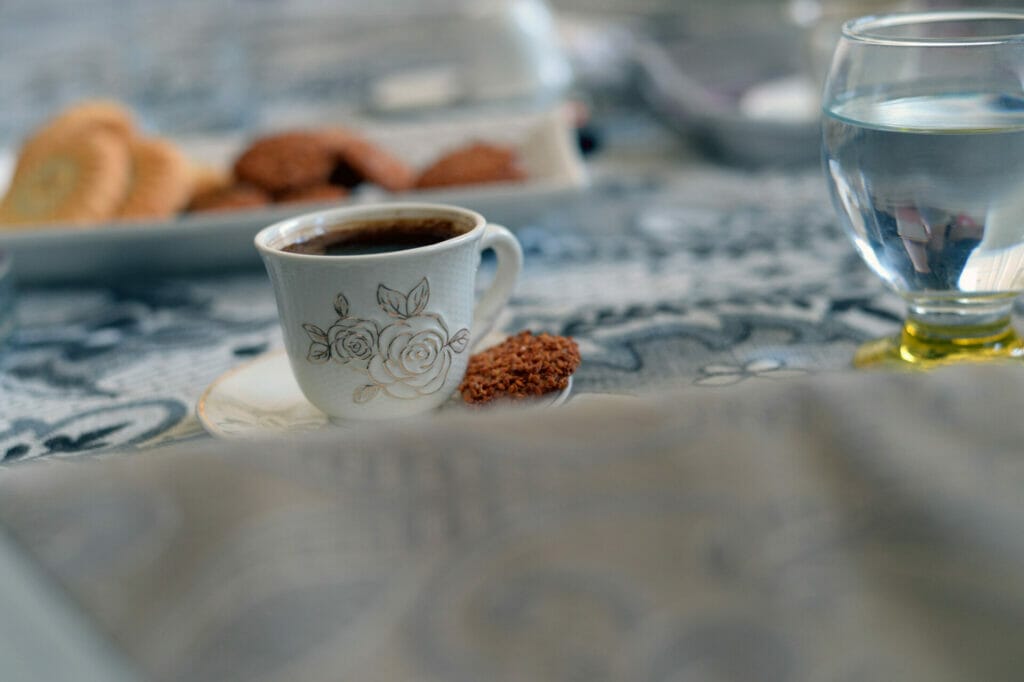
The apartment is a significant improvement in comparison to the first accommodation in which they lived in Turkey. In 2011, they found a place to stay in Mardin: without electricity, with bare soils, water had dripped inside. For two years they have lived like this. The neighbors had tried to support them, helped them out with donated clothes. Some of the people here have been really helpful, but the increasing poverty, especially in the Kurdish-populated areas, is a pity for solidarity with each other: “Many are afraid that we will take away their jobs. This competition always exists among the poorest.”
The Syrian woman pays for her current apartment almost all the money she receives in support. 500 lira (at the time of the conversation about 50 euros) costs the rent, at 620 lira is Iman’s monthly budget. When her husband was still alive, he guaranteed the income as a security guard in a truck parking lot. The money was enough for the family of six. Now Iman has to find another solution. Recently, she has started cleaning a Turkish woman’s house for four hours a day. She should receive 1500 lira a month for this: “If she is honest.” By “she” she means the current client, from whom she has not yet received any money, as she has only recently started working for her. She repeats her statement, slight uncertainty resonates in her voice. Whether her client actually pays the promised sum remains to be determined.
Early escape from Damascus
Iman has been living in Turkey for ten years now. At the time, she had two daughters, one a toddler, the other a baby. She has experienced air strikes and says:
“I couldn’t sleep at night for fear for my children.”
So they had already left at the beginning of the war. First from Damascus to her former home to Qamishli and finally across the border to Turkey. Here she got two more children. The two and their two Syrian-born sisters now go to school here.
Difficult journey to school
How are they doing? “They are insulted by the other children as ‘Syrians’, as if they were not one of them.” Even Turkish Kurds marginalized them and said: “This is our country.” The children do not even speak Arabic, but only Turkish and Kurdish. “Only the oldest can speak a little Arabic,” Iman explains, “but you can’t have a real conversation with her.” Otherwise, things are going well for their children at school, they have no problems with the material: “They grew up here.”
However, attending school brings other difficulties: The bus and the school books are expensive. So the children walk the four and a half kilometers to school: With the high temperatures and the dusty, often unpaved roads not an easy way. Even directly in front of the house, the road begins bumpy and impassable. The children need about 45 minutes for the route, she estimates, a look outside turns out to be optimistic.
After all, there is now improvement in sight: Someone had offered to pay for the school bus, since the children no longer had a father and needed more support.
Vorgeschlagene Beiträge
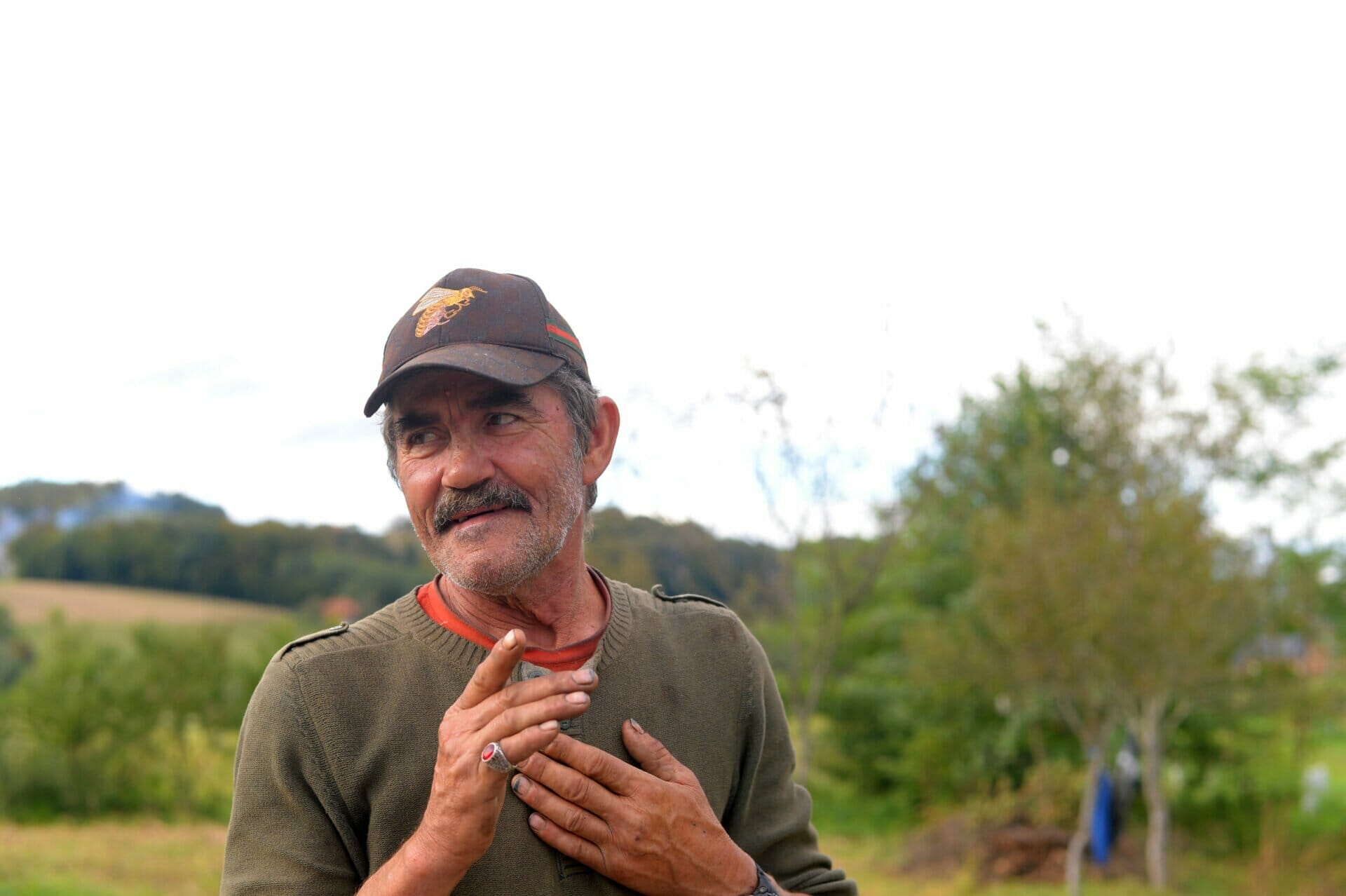
Velika Kladuša: Why a local resident helps people on the run
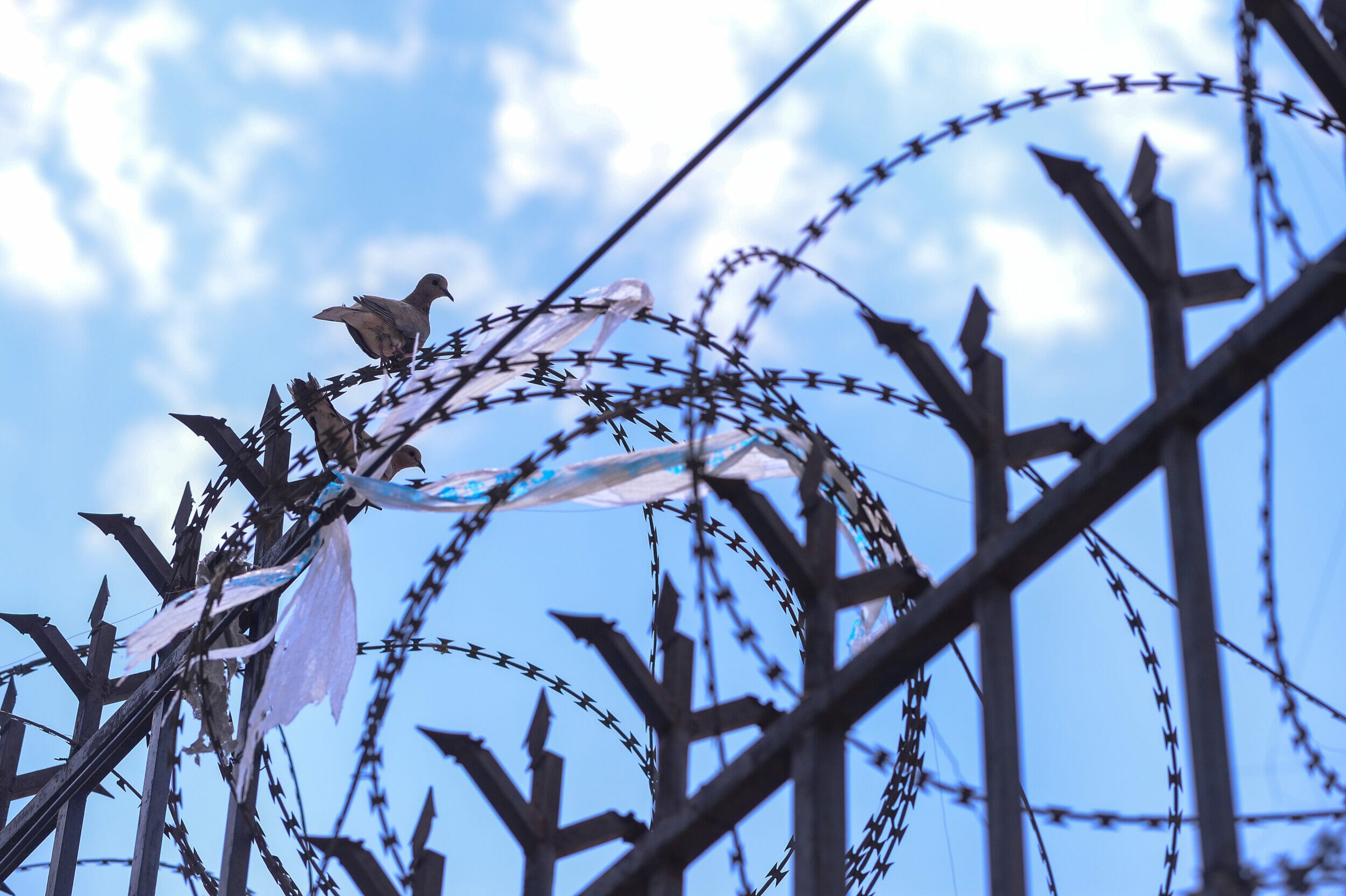
Ineffective confirmation of admission promises: lawyers in the dock
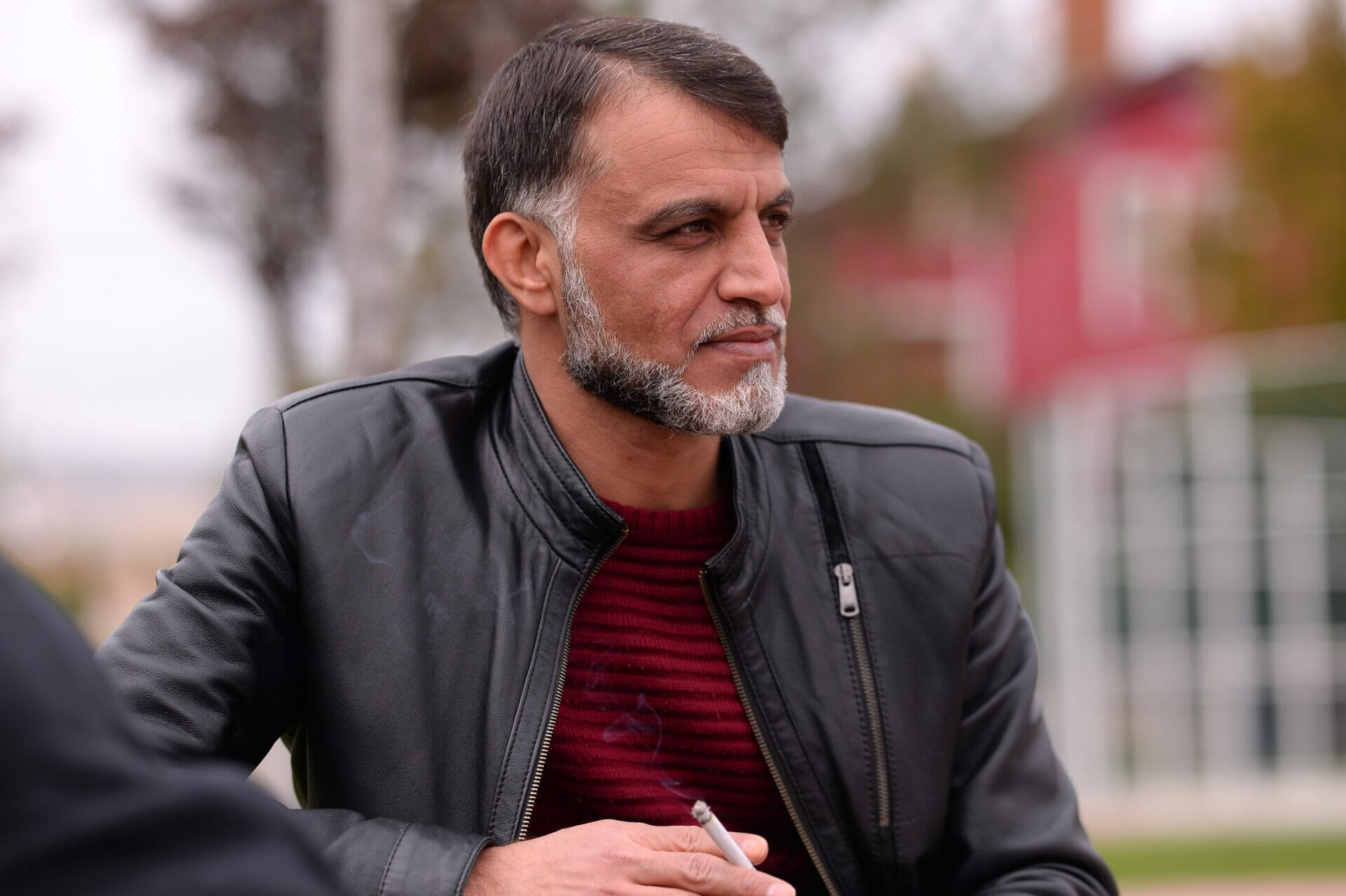
Fighting Windmills: Anas al Mustafa and the Turkish State
[mc4wp_form id=239488]
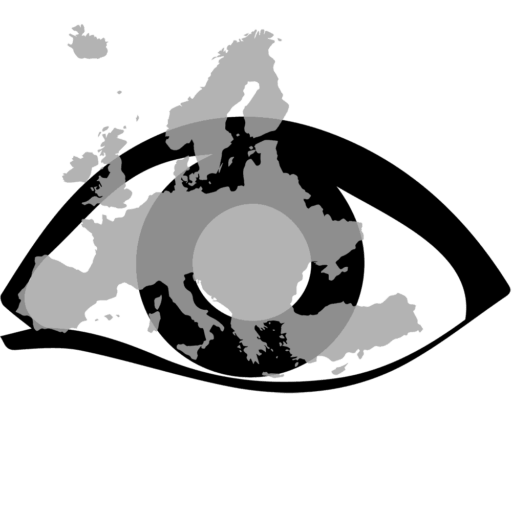
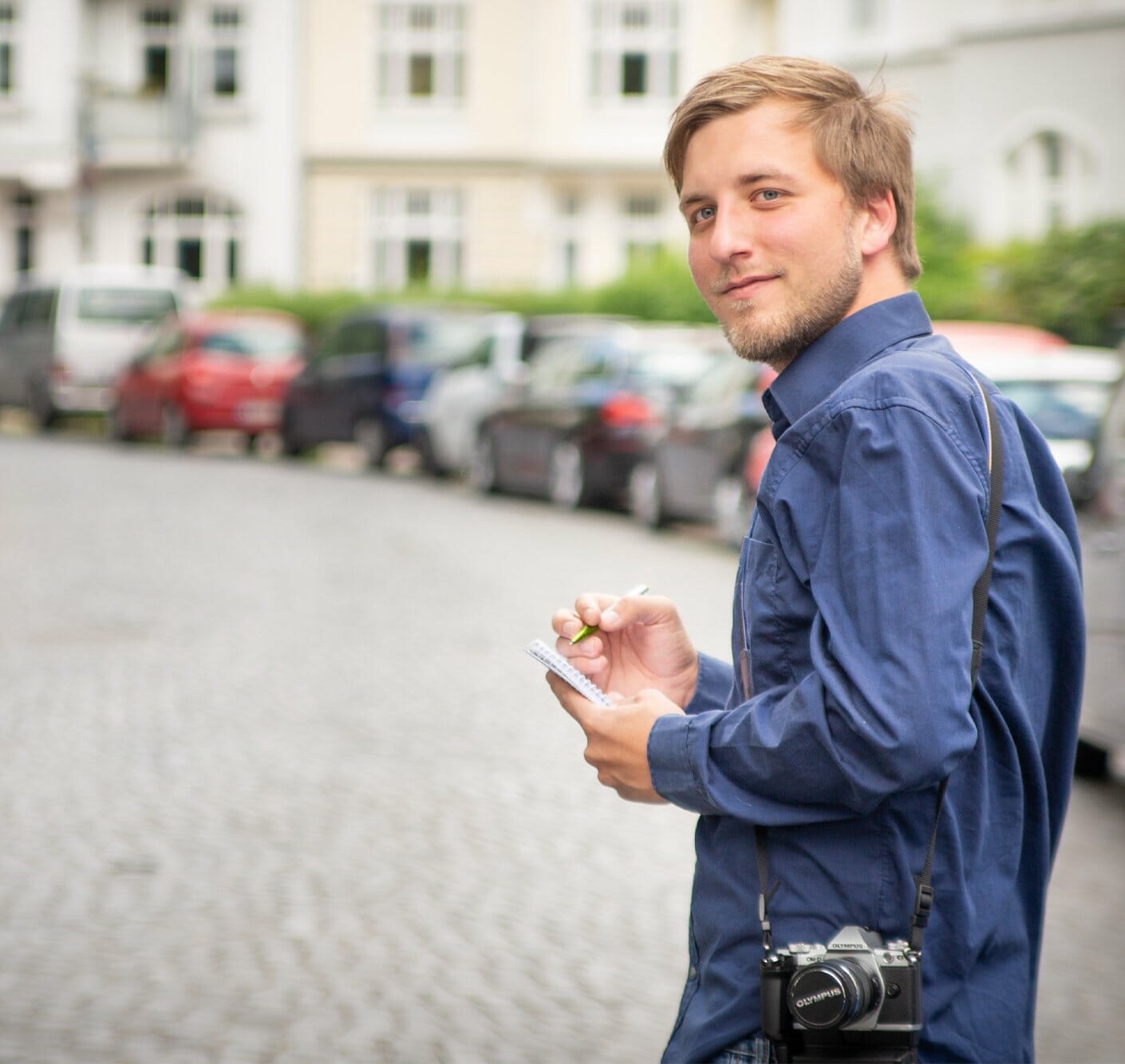

Leave a Reply
You must be logged in to post a comment.